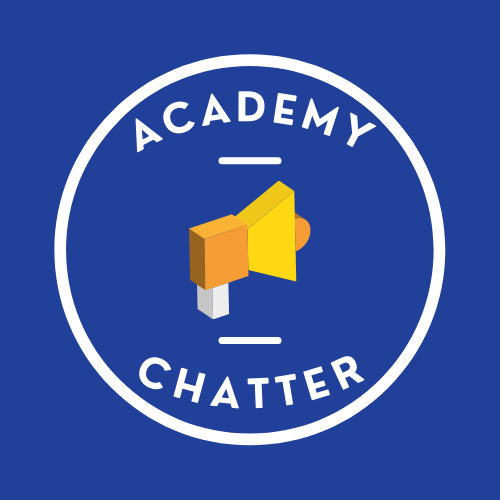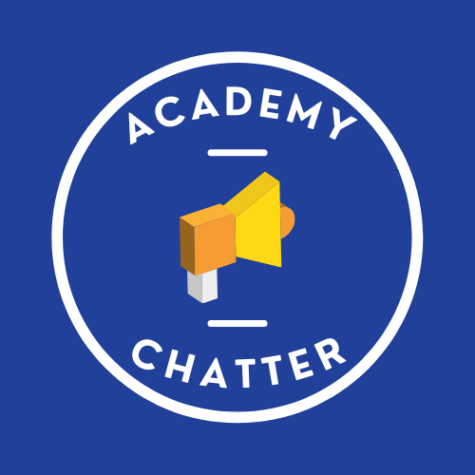To IB or Not IB? That Is the Question!
January 6, 2023
As the school year reaches its halfway point, students are beginning to make decisions about their schedules for the following year. As a sophomore, one of the biggest decisions to be made is the choice to commit to the IB (International Baccalaureate) diploma program.
After all, if you are trying to get into a good college or simply looking for a greater education, the IB program is one of the most valuable academic paths our school offers. It is, however, a big commitment that costs money and has the potential to cause a lot of stress during your last two years of high school.
In my sophomore year I decided to take the plunge into IB, and I am now entering my final semester of high school. While I have not experienced all of the struggles my IB diploma has to offer (I have taken only one of my many IB tests and still have to complete almost all of my IA’s), I have completed a vast majority of it and feel like I have a pretty solid grasp on the experience as a whole. I would like to help those making this difficult decision come to a conclusion about whether or not an IB diploma is right for them.
For the uninformed, an IB diploma differs from a regular diploma in that students must take primarily IB classes, take a theory of knowledge class (which may or may not occur during a zero hour before school), and write a 3000+ word “extended essay” over the summer.
All of these things in conjunction with one another, along with everything else students may be participating in around the school, can result in a lot of stress. I have found IB classes to be difficult if only because of the looming threat of the IB tests at the end of your senior year. In most classes you can get by while throwing the knowledge out of your head after you’ve taken your finals, but in IB you must hold onto your knowledge until the IB tests.
Additionally you will be expected to prove your knowledge through the very long and strenuous IA’s (Internal Assessments), essentially long open-ended papers that allow you to explore the subject area in whatever way you might please. If you don’t understand psychological terminology and methodology when you begin your psychology IA (in which you run an experiment on students in the school), you will be at a severe disadvantage.
I haven’t found the actual content in my classes to be that complicated. I believe that any decent student can succeed in the program as long as they are willing to spend a large chunk of their time making sure they can pass their classes. This is what I’ve found to be the biggest misconception of IB students.
We aren’t all necessarily “smarter” than the average student; we just spend more time with the material and are taught how to think critically. The grading scale in IB is also very fair and will allow for imperfect projects to net you a fine grade.
The most immediate benefit I believe you will see at the start of the diploma is the IB teachers themselves. This isn’t to say that other teachers at NDA aren’t just as talented, but I have found the format that these teachers use in their classes has been, for the most part, much more engaging and meaningful due to its more open-ended approach to learning.
For instance, my philosophy class sees us discussing philosophical topics with each other instead of simply being talked at for 40 minutes. My math class seeks to help us understand mathematical concepts rather than memorize the steps. My Spanish class is very involved and grades us on a unique scale that doesn’t average points. I could go on and on, but I think you get the idea.
Additionally, I feel that I have genuinely learned a lot through my IB classes. Not only have I learned the curriculum itself, but I have also learned how to manage my time and feel that I can handle whatever class may come my way in higher education. The experiences may be very painful at the moment, but when I look back on my philosophy and psych IA’s, for instance, I feel an immense sense of accomplishment and pride. And I am sure I will feel that same sense of pride when I am able to look back on my final IB scores and consider all the effort I’ve put into my work.
There is much more I’d like to say about the program, but these are the most glaring thoughts I’ve had about my experience thus far.









































Matthew Schultz • Jan 9, 2023 at 7:23 am
Thank you Riley for your honest opinion of IB and for sharing your experiences. I will be sure to tell the sophomores to read your article before they select classes.